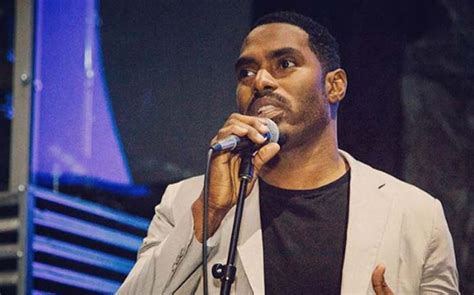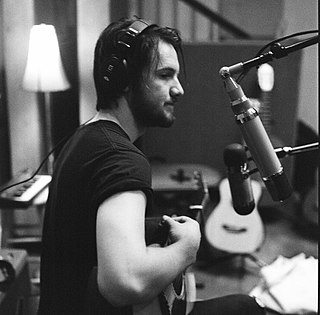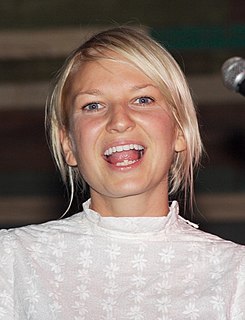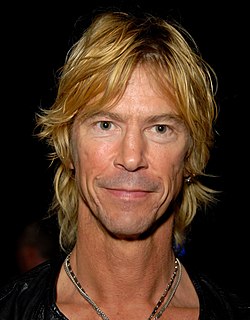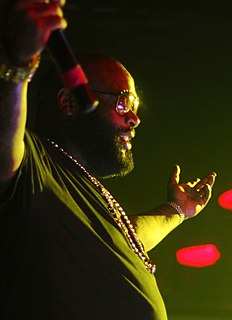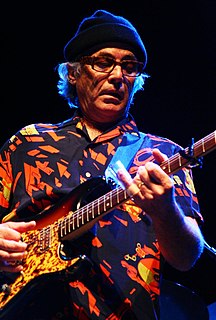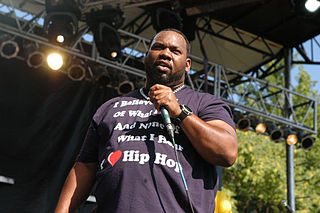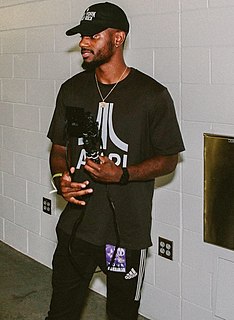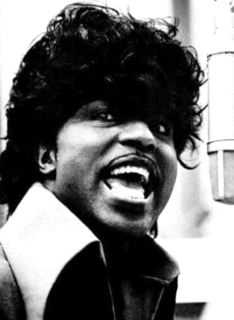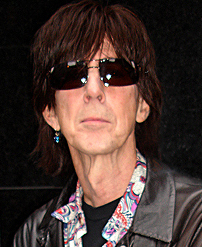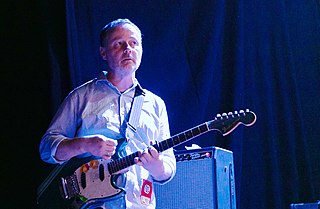A Quote by Bryce Wilson
I mean, just like every other prominent songwriter or producer, you have the shot. You send in records and if they make it, they make it. If they get heard, they get heard. I'm not sure if you know how that circle of songwriting and producing works, but every time a big artist is working, everybody and their mother is in the studio writing records to try to get on it.
Related Quotes
When you have the catalog of work, it doesn't feel like you've got one shot to get it right; it's just like, you're making a new document of something at the present time, and it's a living thing, and it changes. It's been cool to help other people make their records, to produce. You get a crash course in things that you don't get as the artist.
I just want to make a beautiful film. I've had it in my head for so long, so I want to try. Every now and again I get scared. And that's not really how I operate in songwriting or as Sia the artist, the singer. I don't operate from a place of fear. But this is such a new area for me. I still have some insecurity. So, like, once a week I get washed from the top of my skull down to my toes with this vomitous feeling of fear. I think, "Just don't do it. You don't have to do it. You're already a singer and a songwriter. Really, you don't have to make a movie.".
My teachers believe that the creative producer's job is to service the vision of the director, to stay within schedule and budget, and to get the studio what they need, but you work for the director to get their vision on the screen. That's not how everyone approaches producing, but it is certainly how directors like you to approach producing. How I was brought up is that my job is to help you make the movie you want to make.
I remember I heard it in an interview with Michael Jackson one day, saying the art is gone, everybody makes records just to make a record. See, I always want the artist that try to build a whole body of music on one album, so you can enjoy it. So you could say, 'I went with him here, I went with him here.'
I think I understand what bands want, just from having made records myself. I understand what it takes to get a good vocal sound, or to make people comfortable in the studio. From minor things like their headphone mix - and if a singer's singing, how they should hear themselves - to how to make people feel that they're getting exactly what they want. All those things, I think, are an advantage, especially the part about having done it myself. I'm not just an engineer who records the sounds well. I'm not afraid to take chances.
Every time I'm in the studio, I always think of my professor in undergrad. He was like, "There are so many artists in the world. If you're going to be an artist, make sure you have something to say. Don't just be an artist and put out bullshit. Have something to say." I guess that would be my philosophy and something I think about all the time. Every day when I'm in the studio I hear him and I see him. I remember him saying it in class. So that's something that I always want to make sure I have: I'm saying something with the work.
